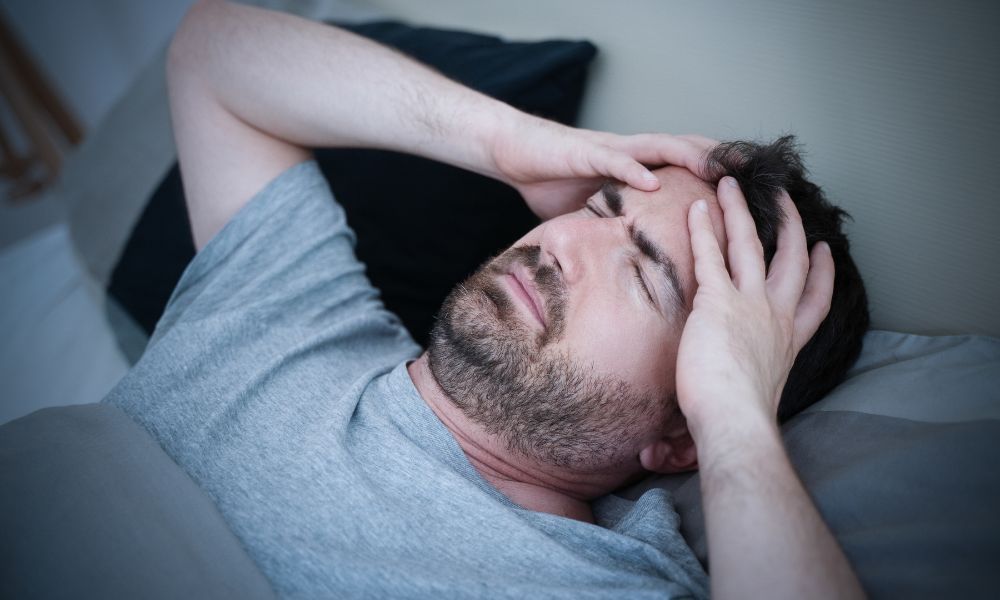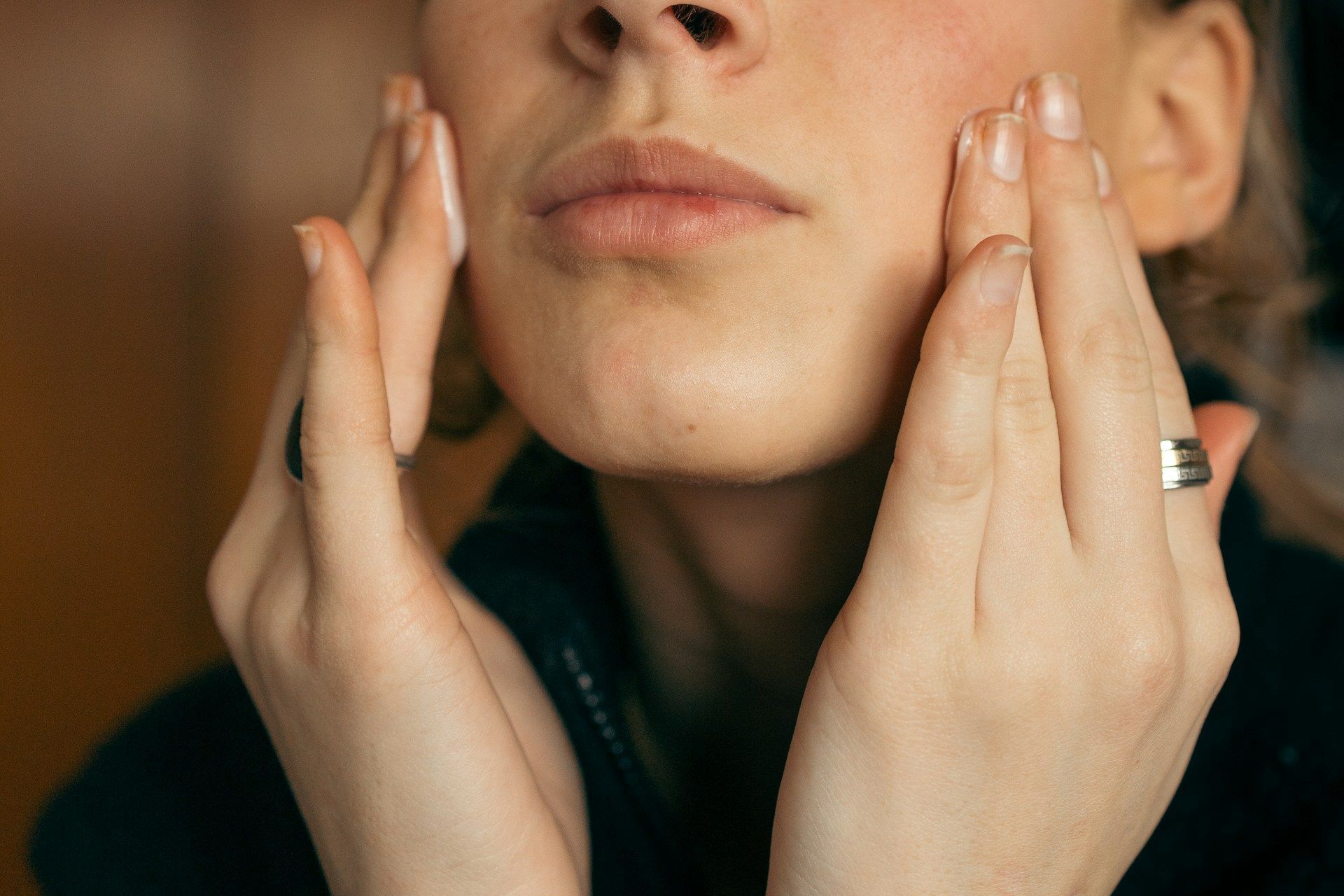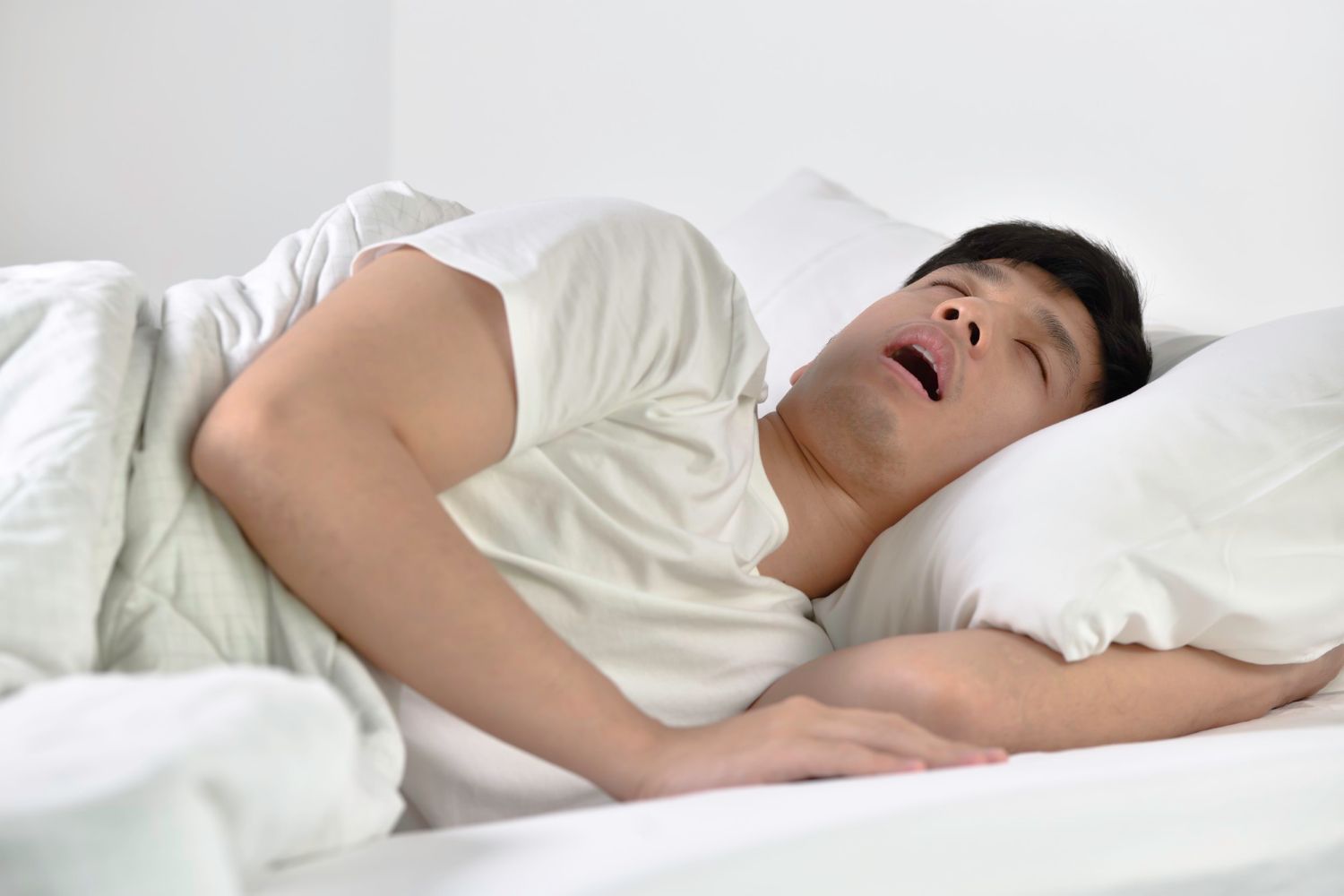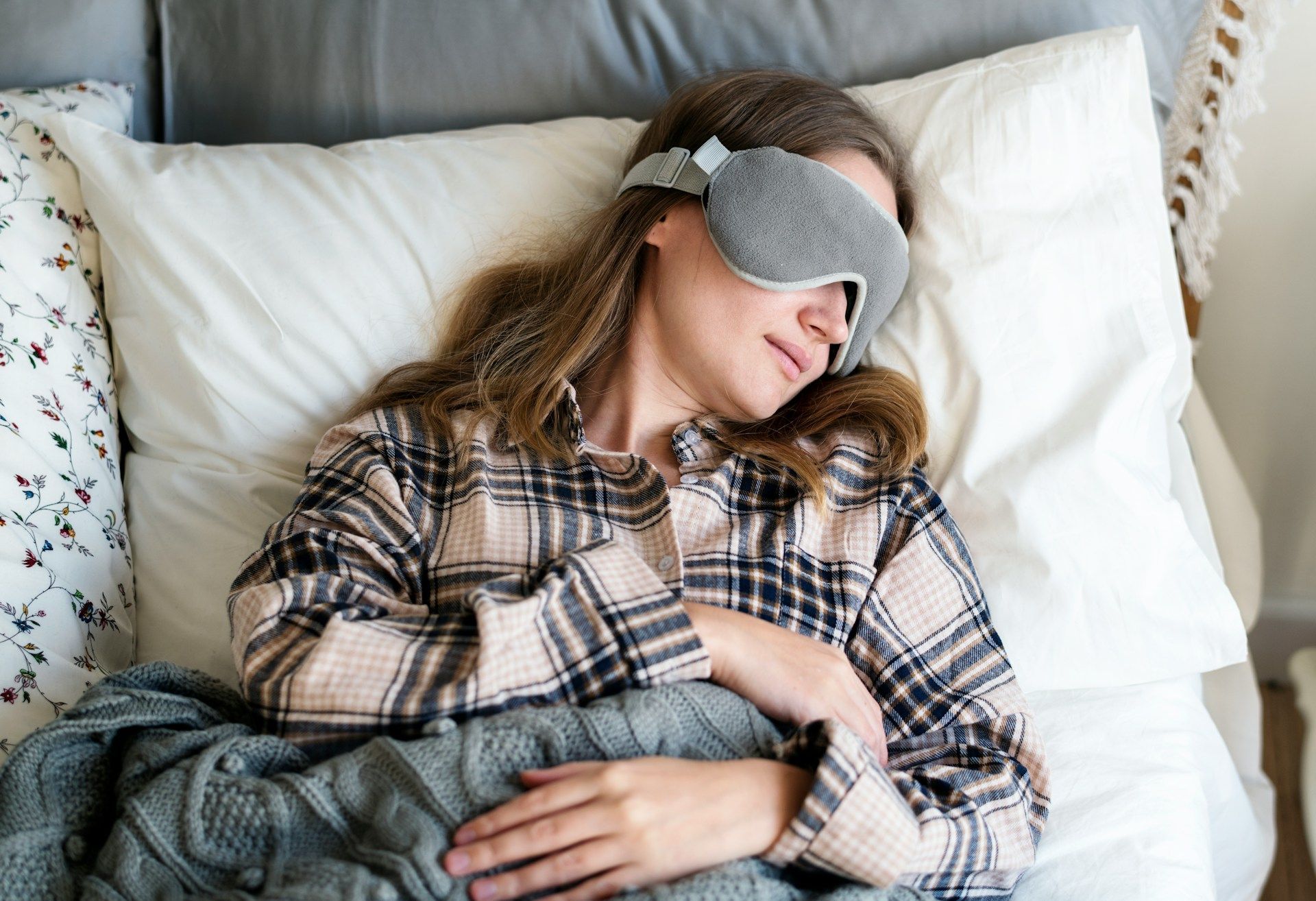The Connection Between TMJ Disorders and Sleep Apnea: What You Need to Know

At The Center For Sleep Apnea and TMJ, we specialize in treating a range of sleep and craniofacial disorders, with a particular emphasis on the relationship between temporomandibular joint (TMJ) disorders and sleep apnea. Although TMJ disorders and sleep apnea may appear unrelated, studies have demonstrated a strong link between the two conditions. In this article, we will delve deep into the connection between TMJ disorders and sleep apnea, discussing how they intertwine, their respective risk factors, and the cutting-edge diagnostic and treatment options available at our practice.
TMJ disorders refer to a group of medical conditions affecting the temporomandibular joint, which connects the jaw to the skull. These disorders can cause pain and discomfort in the facial muscles, jaw joint, and surrounding areas. Symptoms of TMJ disorders include jaw pain, clicking or popping sounds during jaw movement, difficulty opening or closing the mouth, and headaches. Sleep apnea, on the other hand, is a sleep disorder characterized by pauses in breathing during sleep, resulting in daytime sleepiness, snoring, and potential long-term health complications.
Understanding the Link Between TMJ Disorders and Sleep Apnea
The prevalence of sleep apnea in individuals suffering from TMJ disorders is higher than in the general population. This link is attributed to several interconnected factors:
- Jaw Position: TMJ disorders can cause misalignment of the jaw, leading to an altered position during sleep. A misaligned jaw may cause the tongue to fall back and obstruct the airway, contributing to sleep apnea.
- Facial Muscle Relaxation: TMJ disorders affect the balance and tone of facial muscles. During sleep, these muscles may become overly relaxed, further obstructing the airway and increasing the risk of sleep apnea.
- Nasal Breathing Difficulties: Individuals with TMJ disorders often experience difficulties with nasal breathing due to various reasons, such as inflammation or anatomical abnormalities. Difficulty with nasal breathing may lead to mouth breathing during sleep, which negatively impacts airway size and stability, further contributing to sleep apnea risk.
- Shared Risk Factors: Obesity, stress, and anatomical abnormalities are common risk factors that increase the likelihood of developing both TMJ disorders and sleep apnea. Addressing and managing these risk factors can significantly reduce the incidence and severity of both conditions.
Identifying and Diagnosing TMJ-Related Sleep Apnea
Identifying and diagnosing TMJ-related sleep apnea is crucial for ensuring prompt and effective treatment. At The Center For Sleep Apnea and TMJ, our team of specialists takes a thorough and comprehensive approach to assessment and diagnosis:
- Medical History and Examination: Our team will review your medical history, focusing on any previous or current TMJ issues and sleep apnea symptoms. The physical examination will include a thorough assessment of your oral cavity, jaw, neck, and facial muscles to identify any structural abnormalities that may contribute to sleep apnea.
- Sleep Study: A sleep study, or polysomnogram, is an overnight evaluation that monitors sleep patterns, breathing, heart rate, and oxygen levels. This test provides essential data to confirm or rule out sleep apnea and offers insight into the severity of the condition and potential contributing factors.
- Imaging Studies: In some cases, imaging studies such as X-rays, CT scans, or MRI may be utilized to visualize the temporomandibular joints, jaw structures, and airway anatomy. These images can help pinpoint the underlying causes of TMJ-related sleep apnea and inform treatment decisions.
Effective Treatment Strategies for TMJ-Related Sleep Apnea
A multidisciplinary, patient-centered approach is necessary for effectively managing and treating TMJ-related sleep apnea. Treatment options at The Center For Sleep Apnea and TMJ, include:
- TMJ Therapy: Treating the underlying TMJ disorder can significantly improve sleep apnea symptoms. Various TMJ therapy options include oral appliances to reposition the jaw, physical therapy to address muscle imbalances, or medication to manage inflammation and pain.
- Continuous Positive Airway Pressure (CPAP) Therapy: A common treatment for sleep apnea, CPAP therapy delivers a consistent flow of air through a mask worn during sleep. This continuous pressure helps maintain an open airway, preventing sleep apnea episodes.
- Oral Appliances: Custom-made oral appliances can be used to reposition the jaw or tongue, improving airway patency during sleep. They are a less invasive alternative to CPAP therapy and may be particularly effective for individuals with mild to moderate sleep apnea.
- Behavioral and Lifestyle Modifications: Simple behavioral and lifestyle changes can have a significant impact on TMJ-related sleep apnea. These changes may include adopting a regular sleep schedule, maintaining a healthy weight, practicing stress management techniques, and avoiding alcohol and sedatives before bedtime.
- Surgical Intervention: In severe cases, jaw surgery or uvulopalatopharyngoplasty (UPPP) may be considered to address the structural causes of TMJ-related sleep apnea. These surgical interventions are typically reserved for cases where other treatment modalities have proven ineffective.
The Role of Early Intervention in TMJ-Related Sleep Apnea
Prompt diagnosis and treatment of TMJ-related sleep apnea are vital to preventing long-term health risks and improving overall quality of life. Early intervention can alleviate symptoms, reduce the severity of the disorder, and minimize the risk of developing chronic health conditions associated with untreated sleep apnea.
Conclusion
Understanding the connection between TMJ disorders and sleep apnea is crucial for effectively managing and treating these intertwined conditions. At The Center For Sleep Apnea and TMJ, our team of sleep apnea and TMJ specialists in Meridian, ID is dedicated to helping patients overcome TMJ-related sleep apnea through comprehensive assessment, diagnosis, and personalized treatment plans. By addressing the underlying causes and implementing effective treatment strategies, patients can experience improved sleep quality, reduced symptoms, and an enhanced quality of life.
Disclaimer:
Our blog articles serve to educate readers about various treatment options for sleep apnea and TMJ disorders. It's important to understand that while we discuss multiple treatments in our posts, not all of these options may be accessible at our clinic. We encourage you to reach out and schedule a consultation with us. This way, we can carefully devise a personalized treatment plan that caters to your specific needs.
Contact Us
The Center for Sleep Apnea & TMJ
1718 S Millennium Way, Meridian, ID 83642
Phone: (208) 376-3600
Fax: (208) 376-3616
All Rights Reserved
The Center for Sleep Apnea & TMJ
All Rights Reserved - Accessibility Statement
The Center for Sleep Apnea & TMJ










